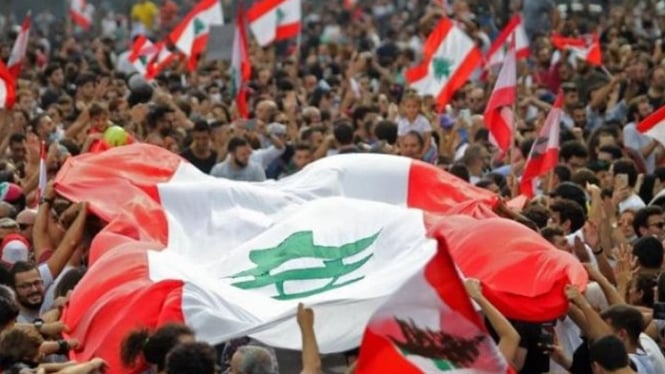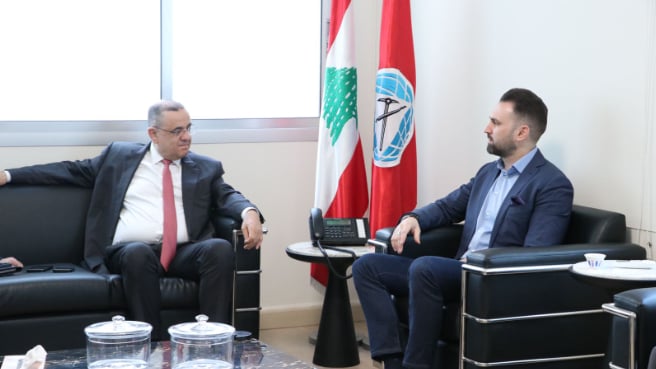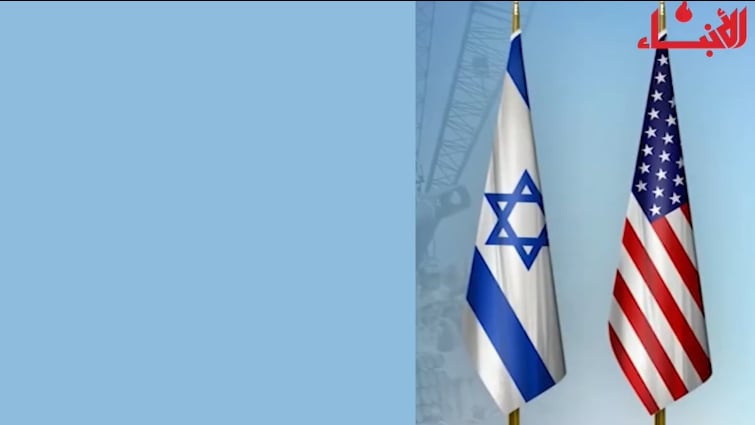Lebanon’s political climate reeks of corruption. Ruled by a heavily sectarian government, which has yet to fulfil its promise of a transition towards a secular state, disquiet has been slowly growing. The October 17 revolution was the culmination of this, catalyzed by a $6 tax imposed on WhatsApp services. The world did not witness the decades of sectarianism and corruption that preceded this movement, only seeing its culmination - protest. People took to the streets in a bid to change the reality of Lebanese politics. Prior to the revolution, change was only a distant dream. The Lebanese people had become used to the worsening state of their country. After returning home on October 18th, the day following the start of the revolution, my throat was sore, feet swollen but my heart was ablaze as I had realized that change was now in our hands. Religious and political backgrounds had divided us for far too long, but during the revolution, we came together to create a better Lebanon. Citizens of all ages, sects, and social classes were protesting all over the country.
After I took part in my first protest, however, I realized how deeply rooted sectarianism and political partisanship were: not only in the ruling government, but also in the wider population. As time passed and the revolution diminished, I watched some chant on the streets whilst continuing to praise their political parties behind closed doors, and even publicly. Others called for change while shaming revolutionists for road blockages. Many failed to realize the hypocrisy of their actions. The political passions of the bitterly partisan leaked into the atmosphere of growing change.
There is a dangerous correlation between ethics and political partisanship and it is noteworthy to mention the religious inclination that lies behind the commitment to certain parties. Lebanon is home to 18 recognized religions, making it one of the most religiously diverse nations in the Middle East. The issues that arise from having so many religions exceed the cultural difference among Lebanese communities. The Lebanese Civil War ended with the signing of the 1989 Taif Agreement, which supposedly aimed to adopt a civil regime in Lebanon to return to political normalcy. However, these wistful hopes would never materialise. During the time of the French mandate (1923-1946), the Lebanese Constitution was established based on the equal representation of Muslim and Christian communities in Lebanon. Although a seemingly fair division of state governance, the desires of the French were not to ensure fairness, but to protect and strengthen Christian communities in the region. The Constitution states that the President must be Maronite Christian, the Prime Minister Sunni Muslim, and the Speaker of the Parliament Shia Muslim.
Upon signing the Taif Agreement, the party leaders openly violated its clauses. No timeframe was set for achieving the agreement’s goal of abolishing political sectarianism in the constitution, and this was used as a loophole. Party leaders and militias created a much deeper division in a bid to protect their legitimacy and political sway. This is where the problem truly lies: sacrificing the growth and overall benefit of the nation for the sake of one’s individualistic benefits resulting from the sectarian divide.
In these circumstances of religious and political tension, the sad reality is that everything we do is political. One does not perform an act of kindness without considering who the benefitting party is: what is their religious background? What is their political affiliation? The concept of “love thy neighbour” does not come as naturally as it should. Instead, we ask, “who is thy neighbour?” The internalized habit of considering a person’s political and religious backgrounds, before their humanity, is a vice the people of Lebanon have been struggling to shake. I too, occasionally, fall victim to such behaviour. I, without noticing, try to figure out people’s religious identities by looking out for their last name and listening to their accent, which are major indicators of one’s sect. Considering I was born into one of Lebanon’s religious minorities (Druze, which constitute around 5% of the population), I still feel some excitement meeting someone from the same religious background – although I am not proud of it. I unfortunately tend to make assumptions about people based on their religion and the political party they may belong to. It happens almost naturally, and constitutes an embedded logic in Lebanese society.
Politics and organized religion stand at the forefront of social relations, thus damaging values of responsibility, transparency, honesty, and respect. Being part of a religious minority, my sister and I grew up listening to our parents saying they will vote for the Civil Society Movement during Parliamentary elections, which represented Lebanon’s secular ambition. However, when they came back home, they would say they voted for the Progressive Socialist Party, led by a Druze leader (thus the majority of his followers are Druze). This is a common pattern among many eligible Lebanese voters who end up re-electing their sect leaders.
After the revolution began, people started to treat political affiliations as though they were the dirtiest thing in the world – a natural reaction. The protest slogan “all of them means all of them,” which aimed to hold all political leaders accountable for the harrowing state of the country, was applied without prejudice. Those who openly supported certain political parties because of their partisanship were scrutinized and shamed. This resulted in a division among the protestors: the revolutionaries vs. the politically affiliated. Both wanted change, but their differences regarding political partisanship overpowered their similar interests. I soon understood that others had also made the realization that the unruly and heavily sectarian reality of the country reeked of permanency. For this reason, a complete rejection of the concept of affiliation emerged quickly. The people demanded that the Lebanese identity precede political and religious ones, and rightfully so. It is a reality very difficult for people abroad to understand. It is beyond just fixing a broken country filled with corruption – every country has corruption. The issue lies in cases where the correction must occur on a social level, at the level of the individual that unconsciously holds politically and religiously motivated ideologies dearly.
Growing up in such an environment has forced me to despise politics and religion. Many years ago I would have told you that I would not want to bother understanding how politics works in Lebanon because of how complex and damaging it is. Now, I work to understand the complexity of the political climate in Lebanon and no longer separate myself from it. I also grew a hatred towards religion due to the power it was given in the country. This is something I have yet to change my mind about... Lebanon prides itself on being a cultural mosaic of many religions, but this in and of itself is a double-edged sword because a dangerous religious divide was established.The real enemy is not partisanship per se, but the corrupting effect of sectarianism. We must look beyond the dominating parties that have brought our country to ruins and toward the alternative secular parties that represent the essence of the revolution. The Lebanese youth are central to this struggle, given their general understanding of the importance of pushing for secularism. If we have any hope left, it is in their genuine efforts to finally bring the sectarian system to an end.





